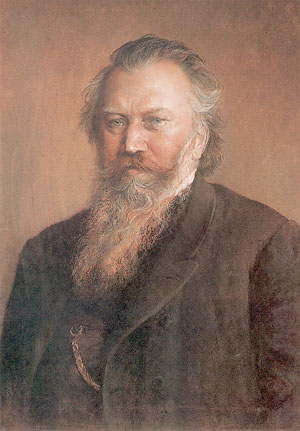
1833�`1897
�@Johannes Brahms
Mass,Sacred songs Literal Translation
�@�@�@�@
History of HP renewa���@Sample of the file
�@�@�@�@�@�@�@�@�@�@�@�@�@�@�@�@�@�@(Japanese)

1833�`1897
![]()
![]()
![]()
The page of the literal translation for Brahms's masses & anthems
Brahms Requiem HP
It is needless to say that it is how important thing to sing
when each word of the words is fully understood on the occasion of singing a
vocal music text in music.
But there are not many sites or books which
explain the word for word translation of the text.
This page was made by this viewpoint so that it could answer such needs
at all. Though it is still only on the amateur stage, I want to make this
a better page by everyone's support. I am happy if I could have an advice
to me about a point to modify.
Though there are many fundamentally common words among various masses, each mass has its slightly different contents,structure and backgrounds.On the top of these contents,I tryed to explain its proper nouns and the special words and phrases used in masses as well.
�@You can understand more easily the words if you study the text,listening
the actual performance of CDs
�@In
case of printing,you are advised to download the excel file first and make an
adjustments of its lay-out of the text.
�iIf you don't
use MicrosoftExcel,you can make use of free soft OpenOffice.org
�@If you have questions,adviecs or other communications pls email me to
the adress�Amondomusicale2006-hp@yahoo.co.jp �@Y.Kawazu
![]() �@
�@
�@�@(
![]()
�@Life
Johannes Brahms (May 7, 1833 ? April 3, 1897) was a German composer of the
Romantic
period. Born in Hamburg, he eventually settled in Vienna, Austria
Brahms's father, Johann Jakob Brahms, came to Hamburg from Schleswig-Holstein seeking a career as a town musician. He was proficient on several instruments
but found employment mostly as a horn player and double
bassist. He married Christiane Nissen, a seamstress, who was seventeen
years older than he was. They lived in the poor Gangeviertel district of the
city, near the docks.
Johann Jakob gave his son his first musical training. He studied piano from the age of seven .. Brahms showed early promise on the piano (his younger brother Fritz also
became a pianist) and helped to supplement the rather meager family income
by playing the piano in restaurants and theaters, as well as by teaching.
It is a long-told tale that Brahms was forced in his early teens to play
the piano in bars that doubled as brothels.
The young Brahms gave a
few public concerts in Hamburg, but did not become well known as a pianist
until he made a concert tour at the age of 19. In later life, he frequently
participated in the performance of his own works, whether as soloist,
accompanist, or participant in chamber music. Notably he gave the premieres of
both his Piano Concerto No. 1 in 1859 and his Piano Concerto No. 2 in 1881. Also, in his early teens, he began to conduct choirs, and eventually
became an efficient choral and orchestral conductor.
He began to compose quite early in life, but later
destroyed most copies of his first works
Joachim had given Brahms a letter of introduction to Robert
Schumann, and Brahms walked to Dusseldorf,
arriving on 30 September and being welcomed into the Schumann family.He became very attached to Schumann's wife, the
composer and pianist Clara, 14 years his senior, with whom he would carry
on a lifelong, emotionally passionate, but perhaps only platonic, relationship.
Brahms never married, despite strong feelings for several women and despite
entering into an engagement, soon broken off, with Agathe von Siebold in Gottingen
in 1859. After Schumann's attempted suicide and subsequent incarceration in a
mental sanatorium near Bonn in February 1854, Brahms was the main go-between between Clara and her
husband, and found himself virtually head of the household.
After Schumann�fs death at the sanatorium in 1856 Brahms divided his time
between Hamburg, where he formed and conducted a ladies�f choir, and the
principality of Detmold, where he
was court music-teacher and conductor. He first visited Vienna in 1862,
staying there over the winter, and in 1863 was appointed conductor of the
Vienna Singakademie. Though
he resigned the position the following year he based himself increasingly in
Vienna and soon made his home there, though he toyed with the idea of taking up
conducting posts elsewhere. From 1872 to 1875 he was Director of the concerts
of the Vienna Gesellschaft der Musikfreunde;
afterwards he accepted no formal position. He refused an Honorary Doctorate of
Music from University of Cambridge in 1877 (he was
afraid of being lionized in England, where his music was already very popular)
but accepted one from the University of Breslau in 1879,
composing the Academic Festival Overture in response.
He had been composing steadily throughout the 1850s
and 60s, but his music had evoked divided critical responses and the First
Piano Concerto had been badly received in some of its early performances. His
works were labelled old-fashioned by the 'New German School' whose principal
figures included Liszt and Richard Wagner. Brahms in fact admired some of
Wagner's music and admired Liszt as a great pianist, but in 1860 he attempted
to organize a public protest against some of the wilder excesses of their music
Brahms frequently
traveled, for both business (concert tours) and pleasure. From 1878 onwards he
often visited Italy
in the springtime, and usually sought out a pleasant rural location in which to
compose during the summer. He was a great walker and especially enjoyed spending
time in the open air, where he felt that he could think more clearly.
In
1890, the 57-year-old Brahms resolved to give up composing. However, as it
turned out, he was unable to abide by his decision, and in the years before his
death he produced a number of acknowledged masterpieces.
While completing the Op. 121 songs(Four Serious Songs (Vier ernste Gesange) Op. 121 (1896), Brahms fell ill of cancer (sources differ on whether this was of the liver or pancreas).
His condition gradually worsened and he died on April 3, 1897. Brahms is buried
in the Zentralfriedhof in Vienna.
German requiem
His large choral work Ein deutsches Requiem ("A German
Requiem") is not a traditional, liturgical requiem (Missa pro defunctis),
but a setting of texts which Brahms selected from the Luther
Bible. The work was composed in three major periods of his life. An earlier
version of the second movement was first composed in 1854, not long after Robert
Schumann's attempted suicide, and was later finished and used in his first
Piano Concerto. The majority of the Requiem was composed after his mother's
death in 1865. The fifth movement was later added after the official premiere
in 1868. The complete work was then published in 1869.
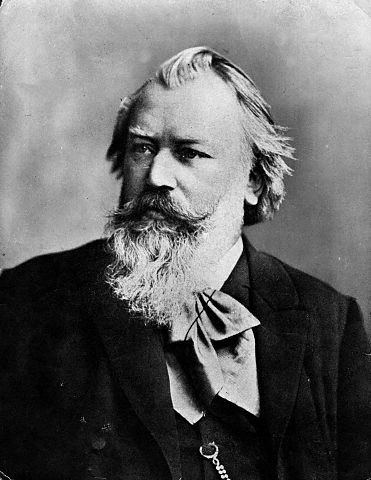
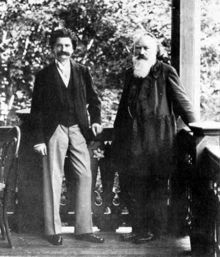
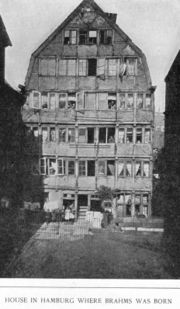 �@
�@
Johannes Brahms.........With Johann Strauss�U �@�@�@House in Hamburg Brahms's grave , Vienna
From Wikipedia, the free encyclopedia
 ���[���@�@�@�@�@�@�@�@�@�@�@�@�@�@
���[���@�@�@�@�@�@�@�@�@�@�@�@�@�@
![]() Download
Download![]()
�iYou may convert Midi to Mp3 using iTune soft after downloading the free
soft by clicking one of the below![]() s.�j
s.�j
![]()
![]() Schicksalslied For TIS English with Midi Link
Schicksalslied For TIS English with Midi Link
DownloadMusic(Pay�jBerliner Philharmoniker, Claudio Abbado, Ernst Senff & Ernst Senff Chor
![]()
![]() NänieForTISEnglish(with part midi)
NänieForTISEnglish(with part midi)
![]() BrahmsDeutschesRequiemJapaneseV.withMidiLink St.LukeChapelChoirWithMidiLink
BrahmsDeutschesRequiemJapaneseV.withMidiLink St.LukeChapelChoirWithMidiLink
DownloadMusic(Pay�jLomdonPHil![]()
MonteverdiChoir
![]()
WienPhil ![]()
�@ Mail�@
Mail�@
![]()


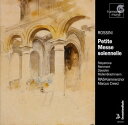
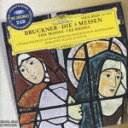


![]()
![]()
![]() Portal site�@HP
Portal site�@HP
�@![]() �@Requiem
�@Requiem
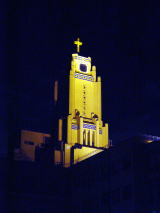 �@MASSTo the top�@page
�@MASSTo the top�@page
![]() Arie/Canzoni Italiane
Arie/Canzoni Italiane
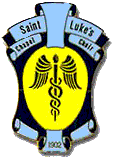
 �@
�@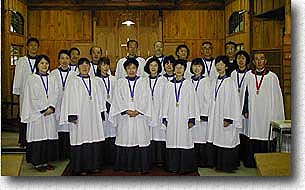
![]()
![]()
![]()
![]()